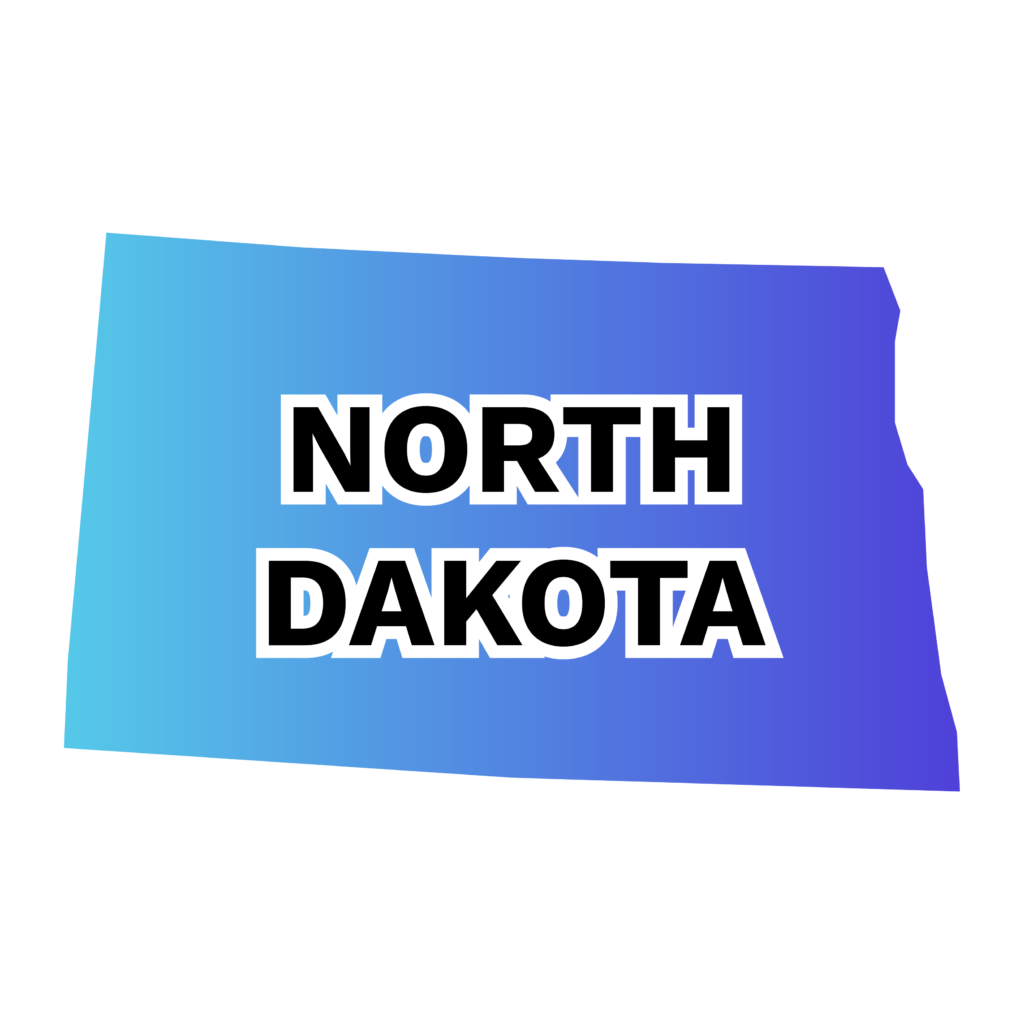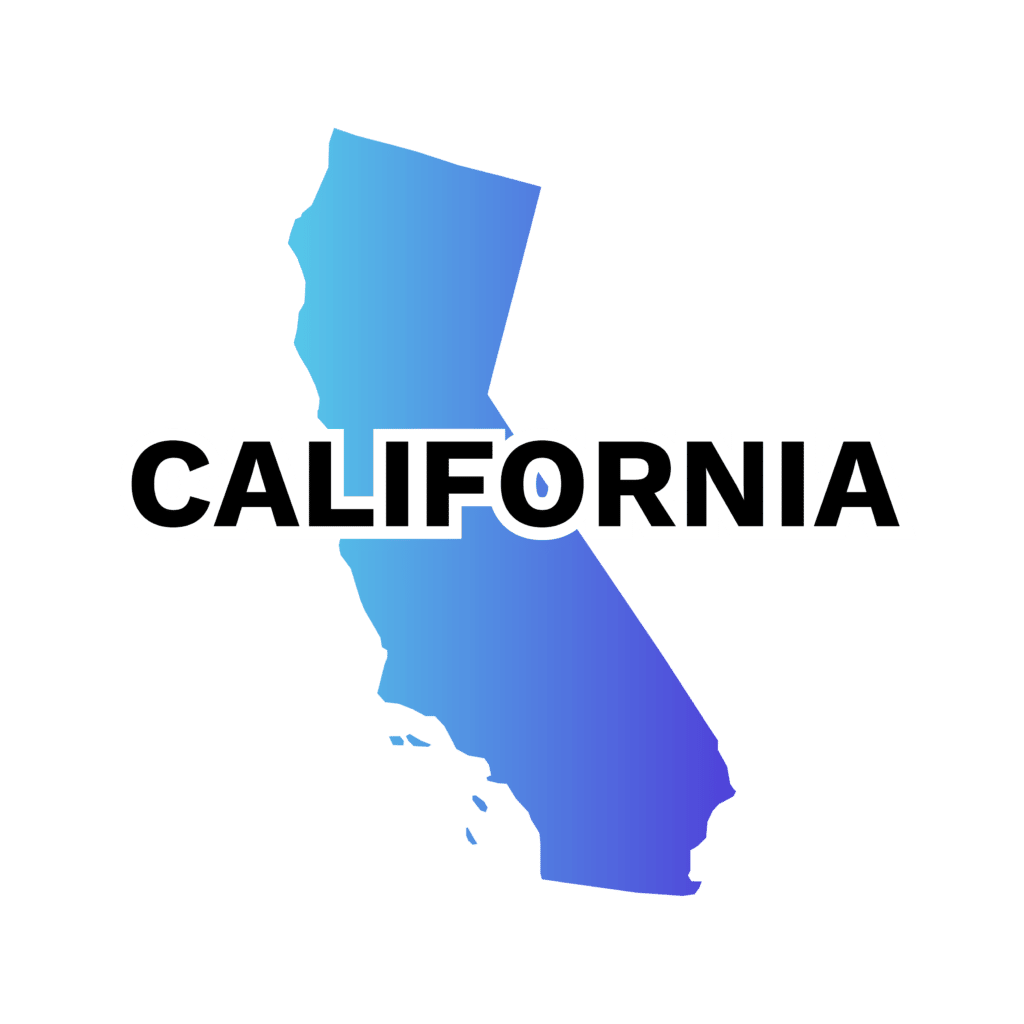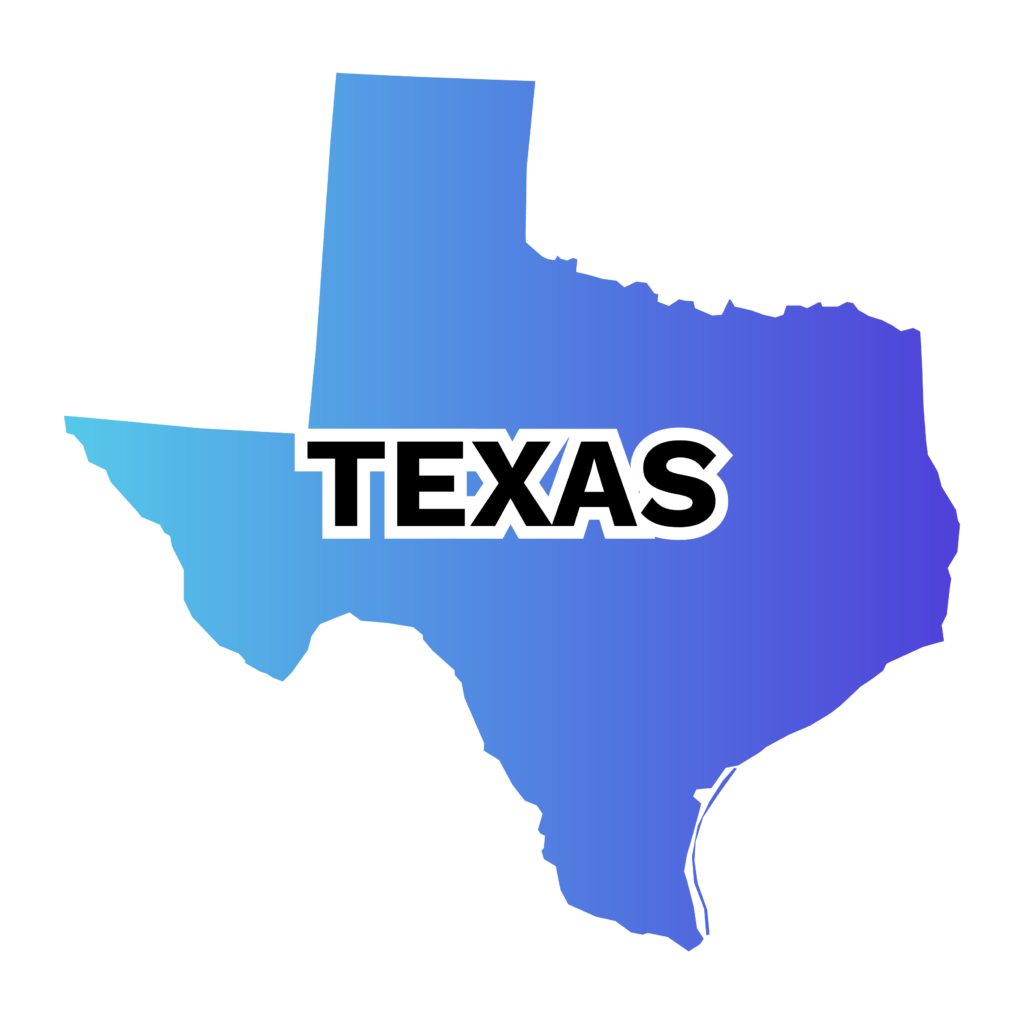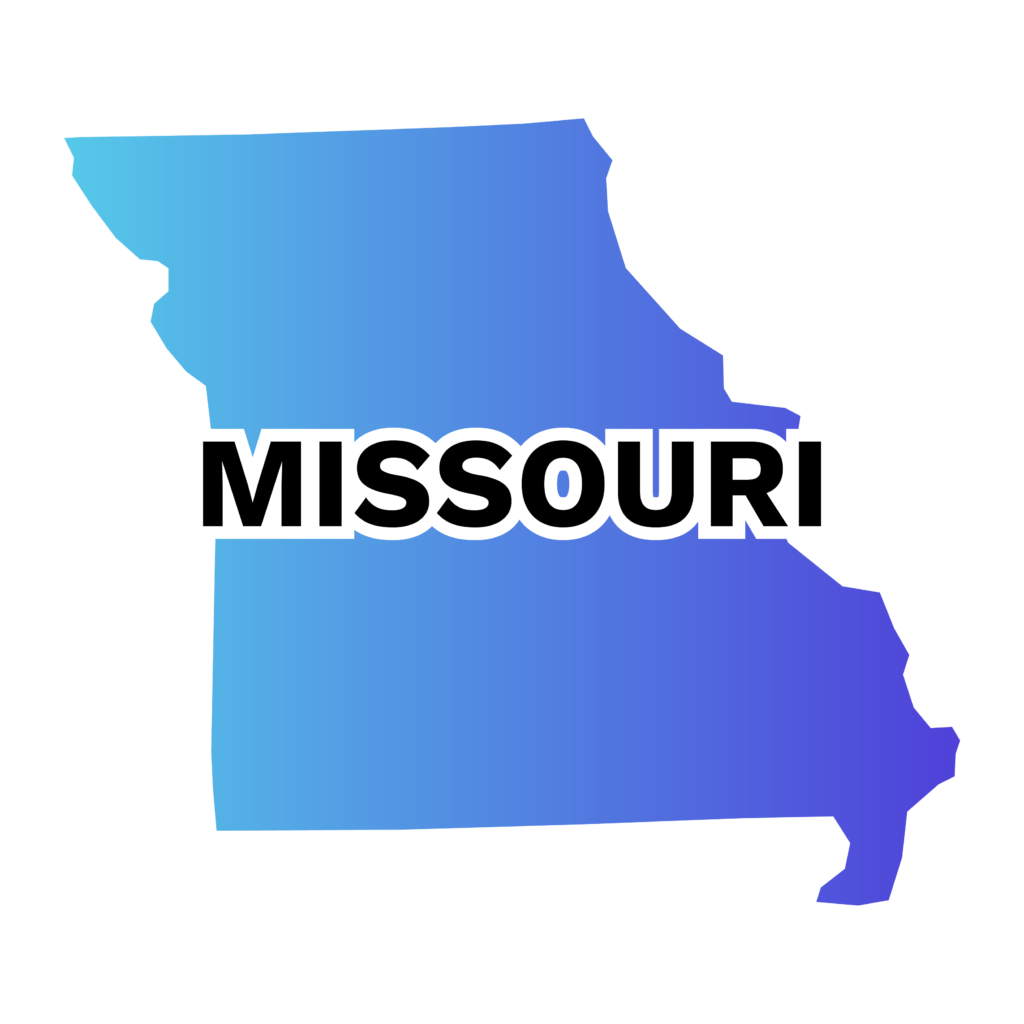Are you aware of the CPA crisis that’s been brewing across the nation? As a recent report from the Journal of Accountancy shows, there’s a surge in demand for CPAs, creating a significant gap between the number of licensed professionals and the market’s needs. With this crisis comes a unique opportunity, especially in the state of Wisconsin.
This disparity, as highlighted by the AICPA, underscores the urgency for individuals to enter the CPA licensing process. And something that has been highly discussed on Reddit.
But why Wisconsin?
Well, Wisconsin’s favorable conditions and streamlined process for becoming a CPA make it an attractive destination for aspiring accountants. Let’s explore the process of going from a CPA hopeful to a designee in the Forward state.
Steps to Get a CPA License in Wisconsin
- Work Experience: Gain the necessary verified work experience. Typically, this involves accumulating 2,000 hours of qualifying experience under the supervision of a licensed CPA.
- CPA Exam: Successfully pass the CPA Exam. Many candidates find success by enrolling in one of my recommended CPA review courses to prepare effectively for this rigorous examination.
- Ethics Exam: Complete the Wisconsin Ethics exam. This is a crucial step to ensure your ethical understanding and compliance with professional standards.
- Application Process: Fill out and submit all required CPA license application paperwork through the Wisconsin Department of Safety and Professional Services (DSPS).
- Application Fee: Pay the CPA license application fee as part of the application process to initiate your licensure journey.
CPA Licensure Requirements in Wisconsin
CPA licensure in Wisconsin is a rigorous process that ensures individuals meet high standards of education, ethics, and experience. Here’s a detailed breakdown of the requirements:
General Requirements
- Residency: Applicants do not need to be residents of Wisconsin to obtain a CPA license in the state. However, they must meet the education and experience requirements specified by the Wisconsin Accounting Examining Board.
- Age: There is no specific age requirement for obtaining a CPA license in Wisconsin. Applicants must meet the educational and experience prerequisites.
- Background Check: All applicants must undergo a background check as part of the licensing process to ensure they meet the character and fitness requirements.
Education Requirements
To qualify for a CPA license in Wisconsin, candidates must meet the following educational requirements:
- Bachelor’s Degree: Candidates must hold at least a bachelor’s degree from an accredited college or university.
- Course Requirements: The educational requirement includes a minimum of 24 semester hours in accounting courses and 24 semester hours in business courses. These courses should cover various aspects of accounting and business, including but not limited to financial accounting, auditing, taxation, and business law.
- Accreditation: The educational institution must be accredited by a recognized accreditation agency.
Additional Education Notes
- Transfer Credits from Community or Technical Colleges: Credits earned at community or technical colleges, not transferred to an accredited bachelor’s degree institution, may be accepted if obtained from higher education institutions accredited by federally recognized accrediting agencies.
- Specific Course Subjects: Apart from the introductory accounting course mandated for business majors, candidates are generally required to complete courses covering financial accounting, cost or managerial accounting, taxation, and auditing.
- Acceptable Educational Methods: Correspondence courses, CLEP credit, pass/fail grades, and online courses are acceptable if credit is received from regionally accredited colleges or universities and is documented on an official transcript.
- Upper Division Courses: Typically, upper-division courses are expected to be taken at the junior or senior undergraduate level.
- Exclusion of CPA Review Courses: It’s important to note that CPA review courses do not fulfill these educational prerequisites. Aspiring CPAs should review specific guidelines and requirements provided by the Wisconsin Accounting Examining Board for further details.
Work Experience Requirements
Wisconsin’s CPA licensure process boasts unique work experience requirements, designed to ensure candidates receive comprehensive training and practical knowledge for their accounting careers. These requirements include:
- One Year of Accounting Experience: Candidates must accumulate a minimum of one year of accounting experience, which can be acquired either in the public or non-public sector.
- Post-Graduation Requirement: What sets Wisconsin apart is that this experience must be gained after graduating from an accredited educational institution, ensuring candidates enter the workforce with a solid academic foundation.
- Part-Time Employment Eligible: Adding to its flexibility, Wisconsin accepts part-time employment in relevant roles, allowing candidates to count such positions towards fulfilling the one-year experience requirement. This unique approach enables aspiring CPAs to tailor their journey to meet their specific needs and circumstances, ultimately contributing to the strength of the state’s accounting profession.
Ethics Exam
- Pass the Wisconsin Ethics Course with a score of 80% or higher
Wisconsin sets itself apart from many other states in the United States by administering its own Ethics Exam as a distinct component of the CPA licensure process. While several states utilize the AICPA’s Ethics Exam, Wisconsin has its own tailored examination to evaluate candidates’ understanding of ethical principles and their application in the accounting profession. This unique approach ensures that aspiring CPAs in Wisconsin are well-versed in the state’s specific ethical standards and regulations, providing them with a comprehensive grasp of the ethical considerations that are particularly relevant to their practice within the state.
Wisconsin CPA Exam Fees
To pursue your CPA licensure in Wisconsin, there are specific application fees associated with the process. Here’s an overview of the fees:
- Education Evaluation Application Fee: Before applying for any CPA exam section, you must first determine your eligibility for the exam through an Education Evaluation Application. This application assesses whether you meet the educational requirements necessary for your chosen jurisdiction. The fee for the Education Evaluation Application is $90.00.
- Exam Section Application Fee: Once you have been deemed eligible for the CPA Exam, you can proceed to apply for a specific exam section. Please note that you can only apply for one exam section per application. It is advisable to apply for an exam section only when you are fully prepared to take it, as your Notice to Schedule (NTS) will have a limited validity period. You must take the exam section listed on the NTS within this timeframe to avoid forfeiting the fees paid. The fee for applying for an exam section is $397.80.
These fees are essential components of the CPA licensure process in Wisconsin, so candidates should plan and budget accordingly to progress smoothly through the application and examination phases.
| CPA Exam Fee Per Section | $397.80 |
| Education Evaluation Fee | $90 |
| Application Fee | $247 |
CPA Evolution: Preparing for 2024 and Beyond
The CPA profession is on the cusp of a significant transformation known as the CPA Evolution, set to roll out in 2024. This initiative, a collaborative effort between the American Institute of CPAs (AICPA) and the National Association of State Boards of Accountancy (NASBA), aims to adapt the CPA profession to the evolving demands of the business world. While certain core components of the CPA Exam, such as Financial Accounting and Reporting (FAR), Auditing and Attestation (AUD), and Regulation (REG), will remain intact, CPA Evolution will introduce notable changes.
General Changes for CPA Evolution
- Core + Disciplines: Under CPA Evolution, the CPA Exam will maintain core areas in accounting, auditing, tax, and technology, alongside the incorporation of three specific disciplines: Business Analysis and Reporting (BAR), Information Systems and Controls (ISC), and Tax Compliance and Planning (TCP). These disciplines broaden candidates’ skill sets to tackle complex business challenges effectively.
- Increased Focus on Technology: CPA Evolution recognizes the growing role of technology in the accounting profession. The revised exam format emphasizes candidates’ ability to understand and work with emerging technologies, ensuring they are prepared to navigate the digital landscape.
- Real-World Simulations: The new CPA Exam format will include realistic, scenario-based simulations. These simulations assess candidates’ problem-solving skills and their capacity to apply knowledge in practical situations, aligning with the demands of real-world professional practice.
- Assessment of Higher-Order Skills: CPA Evolution assesses candidates’ higher-order skills, including critical thinking, analytical reasoning, and communication. These skills are essential for CPAs to excel in roles requiring strategic decision-making and effective communication with clients and stakeholders.
- Preparation for Evolving Roles: CPA Evolution aligns the CPA licensure process with the roles and responsibilities that CPAs are expected to fulfill in a dynamic business environment. It recognizes that CPAs are not only accountants but also business advisors, data analysts, and technology experts.
“The CPA Evolution changes are incredibly exciting because they reflect the profession’s commitment to staying ahead of the curve. With an expanded skill set that includes technology, real-world simulations, and higher-order skills assessment, future CPAs will be well-equipped to not only excel in today’s dynamic business environment but also to shape its future. It’s a thrilling evolution that ensures CPAs remain trusted advisors and leaders in the ever-changing world of accounting and finance.'”
Bryce Welker, CPA
Specific Changes for Wisconsin
In Wisconsin, candidates should prepare for the following state-specific changes under CPA Evolution:
- Educational Adaptations: Candidates must ensure that their accounting education aligns with the revised CPA Exam content, which includes the added disciplines of Business Analysis and Reporting (BAR), Information Systems and Controls (ISC), and Tax Compliance and Planning (TCP). This may require adjustments in accounting education to meet the evolving standards.
- Technology Proficiency: Wisconsin candidates should consider enhancing their knowledge and skills in accounting-related technologies to excel in the revised exam format. The state’s accounting profession is increasingly reliant on digital tools and platforms, making technology proficiency a valuable asset.
- Exam Preparation Strategies: As the CPA Exam will include realistic simulations and higher-order skills assessment, candidates in Wisconsin should adapt their preparation strategies. They may need to seek study materials and resources tailored to the new exam format, which assesses problem-solving skills and practical application of knowledge.
- Commitment to Lifelong Learning: Wisconsin’s commitment to continuous professional development remains crucial. CPAs, both current and aspiring, should be prepared to engage in lifelong learning to stay current with emerging trends and technologies in the field, as emphasized by the evolving CPA licensure requirements.
CPA Exam Resources and Local Organizations in Wisconsin
- Wisconsin CPA Exam Candidates
- Wisconsin CPA License Requirements
- Wisconsin CPA Exam FAQ
- Wisconsin Institute of Certified Public Accountants (WICPA)
- Wisconsin CPE Requirements
- Wisconsin Association of Accountants (WAA)
- Accounting and Financial Women’s Alliance (AFWA)
- National Association of Black Accountants (NABA) – Milwaukee Chapter
For more details, please contact:
Wisconsin Accounting Examining Board
P.O.Box 8935
Madison, WI 53708-8935
Email: web@drl.state.wi.us, cpaes-wi@nasba.org
Phone: 608-266-2112
Fax: 608-267-381
FAQs
Yes, you can apply for the CPA Exam in Wisconsin before fulfilling all your educational requirements. However, you must complete your education before sitting for the exam.
Wisconsin requires a minimum of 24 semester hours in accounting courses and 24 semester hours in business courses. These should include subjects like financial accounting, cost or managerial accounting, taxation, and auditing.
Yes, you can transfer credits from a community or technical college if they are earned from an institution of higher education accredited by an accrediting agency recognized by the federal Department of Education.
To apply for the CPA Exam, you should create an account with the National Association of State Boards of Accountancy (NASBA) and submit your application through the NASBA website.
The NTS is a document that grants you permission to schedule and take the CPA Exam. In Wisconsin, the NTS is typically valid for six months, and you must take the exam section listed on the NTS within this time frame or risk losing your fees.
Yes, you can take the CPA Exam sections in any order you prefer. There is no specific sequence requirement.
Wisconsin requires candidates to accumulate a minimum of 2,000 hours of qualifying accounting experience under the supervision of a licensed CPA. This experience should be gained after graduating from an accredited institution.
Yes, part-time employment in relevant roles can be counted towards fulfilling the 2,000-hour experience requirement.
The Ethics Exam is a requirement for CPA licensure in Wisconsin. It tests your understanding of ethical principles and compliance with professional standards. You must complete it after passing the CPA Exam but before applying for your CPA license.
To apply for a CPA license in Wisconsin, you need to submit an application to the Wisconsin Accounting Examining Board. The application includes documentation of your educational qualifications, experience, and Ethics Exam completion.
Yes, Wisconsin CPAs are required to complete continuing education (CPE) to maintain their licenses. The CPE requirements include a minimum number of hours in accounting and auditing topics and vary depending on the type of license and the number of years since licensure.
Bryce Welker is a regular contributor to Forbes, Inc.com, YEC, and Business Insider. After graduating from San Diego State University, he went on to earn his Certified Public Accountant license and created CrushTheCPAexam.com to share his knowledge from reviewing hundreds of accounting courses while helping thousands of other accountants become CPAs. Bryce was named one of Accounting Today’s “Accountants To Watch” among other accolades. As Seen On Forbes











